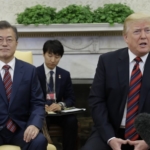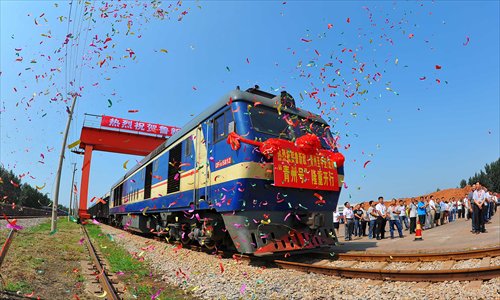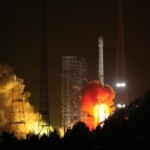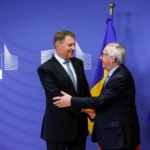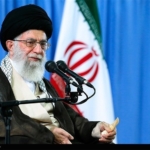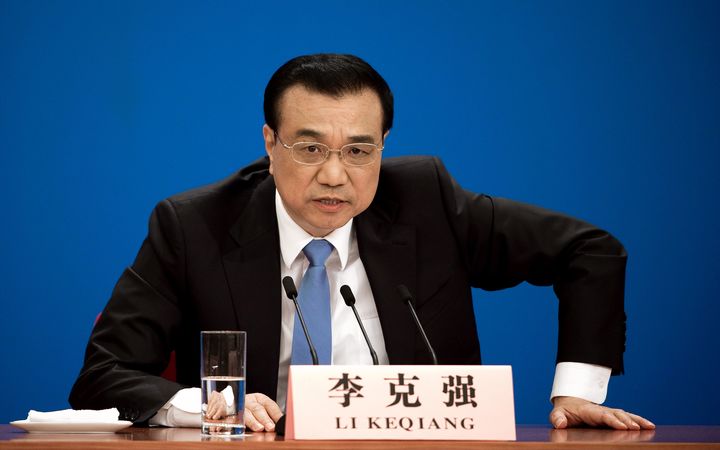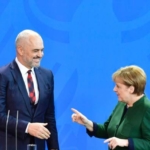Kuwait emir’s warning: GCC collapse and crisis escalation

The emir of Kuwait, Sheikh Sabah Al Ahmad Al Sabah, warned of the collapse of the Gulf Cooperation Council (GCC) – an alliance of Gulf countries – should the crisis with Qatar remain unresolved. In a statement at a Kuwaiti parliament session on Tuesday, the emir warned GCC leaders of the potential dangerous military and political intervention that may ensue as a result of the political deadlock. The GCC is a political and economic alliance of countries in the Arabian peninsula, including Bahrain, Kuwait, Oman, Qatar, Saudi Arabia and the United Arab Emirates. Established in 1981, the alliance fosters economic, security, cultural and social cooperation between the six nations. But the fate of the GCC has been thrown into question as a result of the deep rift caused by a land, air and sea blockade imposed on Qatar by Bahrain, Saudi Arabia, the UAE and Egypt on June 5. Sheikh Sabah stressed that Kuwait’s mediation efforts should be seen through the lens of the family of Gulf nations: “We are not a third party in this crisis. Rather, we are a party of one with the other two brother-nations in this crisis”. He warned that the collapse of the GCC would mean the collapse of the last bastion of joint Arab cooperation, noting that his country’s goal was to resolve the crisis and prevent the GCC from collapse.






